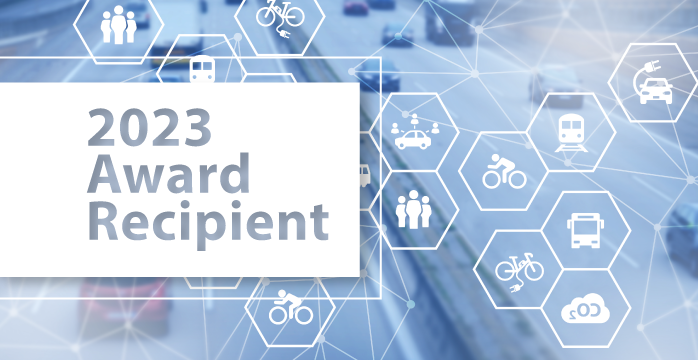Value-Added Integrated Solutions Will Prove Significant in Determining the Growth Trajectory of Fragmented Market, Finds Frost & Sullivan’s Future Mobility Team
SANTA CLARA, Calif. – Sept. 29, 2017 – The electronic logging device (ELD) rule mandated by Congress has opened up tremendous growth opportunities for compliant commercial motor vehicles as well as on-and-off highway applications. With more vendors expected to register with the Federal Motor Carrier Safety Administration (FMCSA), crowded ecosystems will result in market fragmentation. Value-added integration solutions such as IFTA reports, diagnostics, driver scorecards, routing, weight-station by-pass, dispatch management and comprehensive fleet management solutions (FMS), will be in high demand and become critical to ELD market growth.
Frost & Sullivan’s research, Growth Opportunities and Implications of the Electronic Logging Device (ELD) Mandate in North America, finds that the market will record a compound annual growth rate (CAGR) of 20.2 percent from 2016 through to 2023. The study reveals the ELD market, viewed as a million dollar opportunity, will fuel OEMs, start-ups and potential investors to dwell deep into the ocean of ELD, integrated with exhaustive FMS features. It focuses on trends, drivers, restraints, regulations, and opportunities within the North American ELD market.
“Nearly 34 percent of North American fleets operate as small fleets with less than 50 vehicles, relying on manual practices. ELDs could prove to be a driving factor for telematics adoption in this space,” said Frost & Sullivan Mobility Senior Research Analyst Gokulnath Raghavan. “Furthermore, small and medium fleets hold 60 to 70 percent untapped potential for standalone ELD solutions.”
Implementing the ELD mandate is challenging, with data transfer, reliability, and liability, as the top concerns raised by the Truck Rental and Leasing Association (TRALA) to the FMCSA. Further challenges include:
- Need for seamless switch from existing AOBRD to ELD with very little effort;
- Fleet operators trying to find the right ELD provider in a fragmented ecosystem;
- Lack of awareness and eagerness to analyze beyond compliance; and
- Uncertainty over self-certification with lack of verification and scheduled inspection.
“The ELD market is fragmented with more than 50 vendors currently offering application-based, AOBRD- and ELD-like solutions. To be successful, vendors will need to extend their product portfolios, develop competitive pricing, hold industry knowledge and expertise, build solid customer relationships and form collaborative partnerships,” noted Raghavan.
To access more information on this analysis, please visit: https://goo.gl/G2u7M7
Growth Opportunities and Implications of the Electronic Logging Device (ELD) Mandate in North America is part of Frost & Sullivan’s Future of Mobility Growth Partnership Service program.
About Frost & Sullivan
Frost & Sullivan, the Growth Partnership Company, works in collaboration with clients to leverage visionary innovation that addresses the global challenges and related growth opportunities that will make or break today’s market participants. For more than 50 years, we have been developing growth strategies for the global 1000, emerging businesses, the public sector and the investment community. Contact us: Start the discussion
Growth Opportunities and Implications of the Electronic Logging Device (ELD) Mandate in North America
MCC1_18
Contact:
Clarissa Castaneda
Corporate Communications – North America
P: 210.477.8481
F: 210.348.1003
E: [email protected]




